In the line of fire: How Ukrainian firefighters are adapting to the new normal
As Ukraine burns under constant rocket attacks, firefighters are adapting to life under bombardment, writes Leah Millis
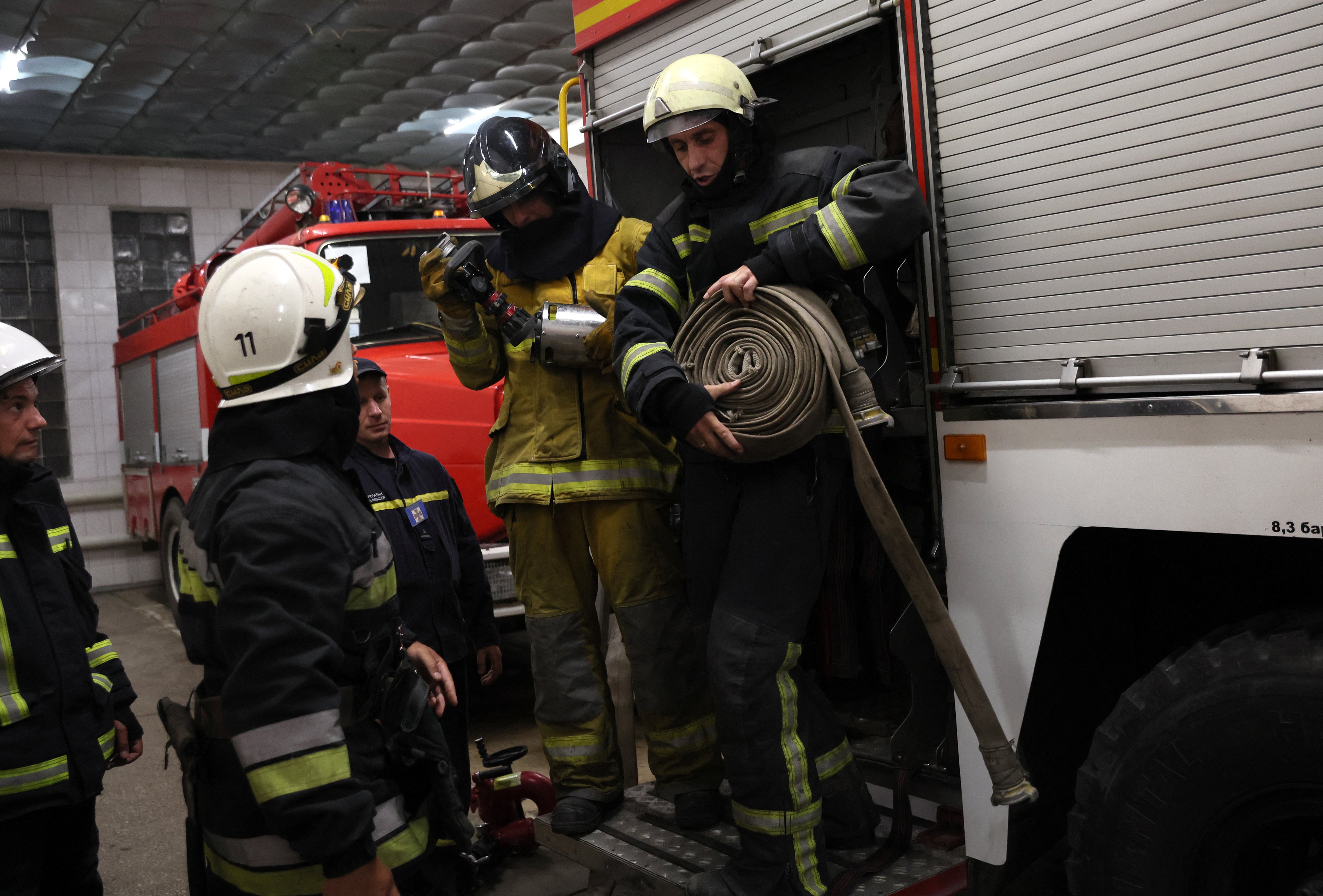
Your support helps us to tell the story
From reproductive rights to climate change to Big Tech, The Independent is on the ground when the story is developing. Whether it's investigating the financials of Elon Musk's pro-Trump PAC or producing our latest documentary, 'The A Word', which shines a light on the American women fighting for reproductive rights, we know how important it is to parse out the facts from the messaging.
At such a critical moment in US history, we need reporters on the ground. Your donation allows us to keep sending journalists to speak to both sides of the story.
The Independent is trusted by Americans across the entire political spectrum. And unlike many other quality news outlets, we choose not to lock Americans out of our reporting and analysis with paywalls. We believe quality journalism should be available to everyone, paid for by those who can afford it.
Your support makes all the difference.Firefighters in Ukraine used to have the protocols, the experience and the kit to deal with whatever blaze they encountered. When the war with Russia broke out, that all changed.
As high rise apartment blocks were struck and neighbourhoods were shelled, they had to work out which of the multiple burning homes to prioritise, who to rescue first, and how then to tackle a factory fire kilometres away at the same time.
“When you go in and you see six or seven apartments burning at the same time and you don’t know where some people are and you have only three trucks ... [it is] the lucky lottery where you need to put your troops,” Roman Kachanov, chief of a fire station in the Ukrainian city of Kharkiv, says.
Spelling out the complications of dealing with many fires at once and rapidly having to change orders for his team, he says: “You have all the work already done and you need to change it immediately. It makes things worse.”
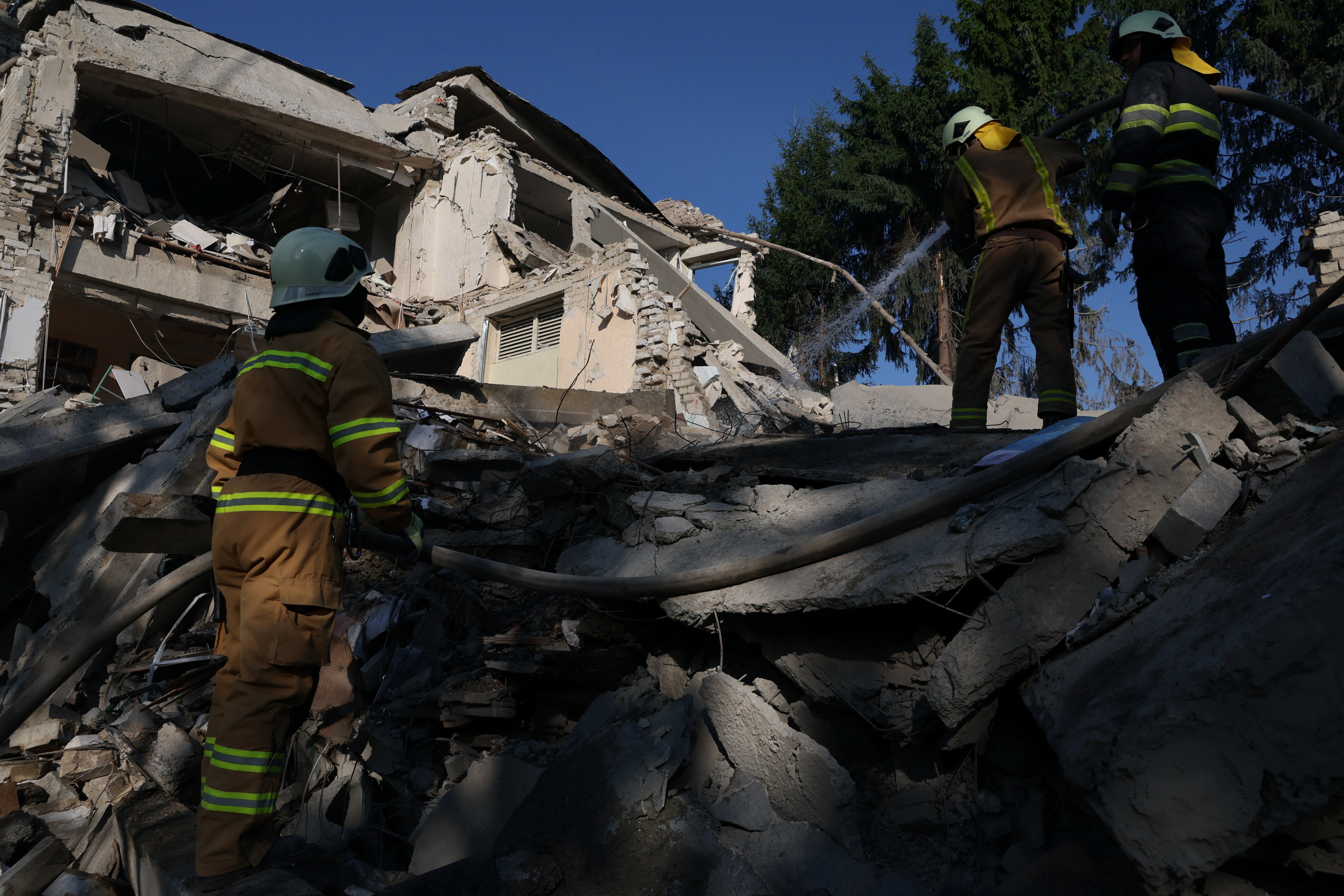
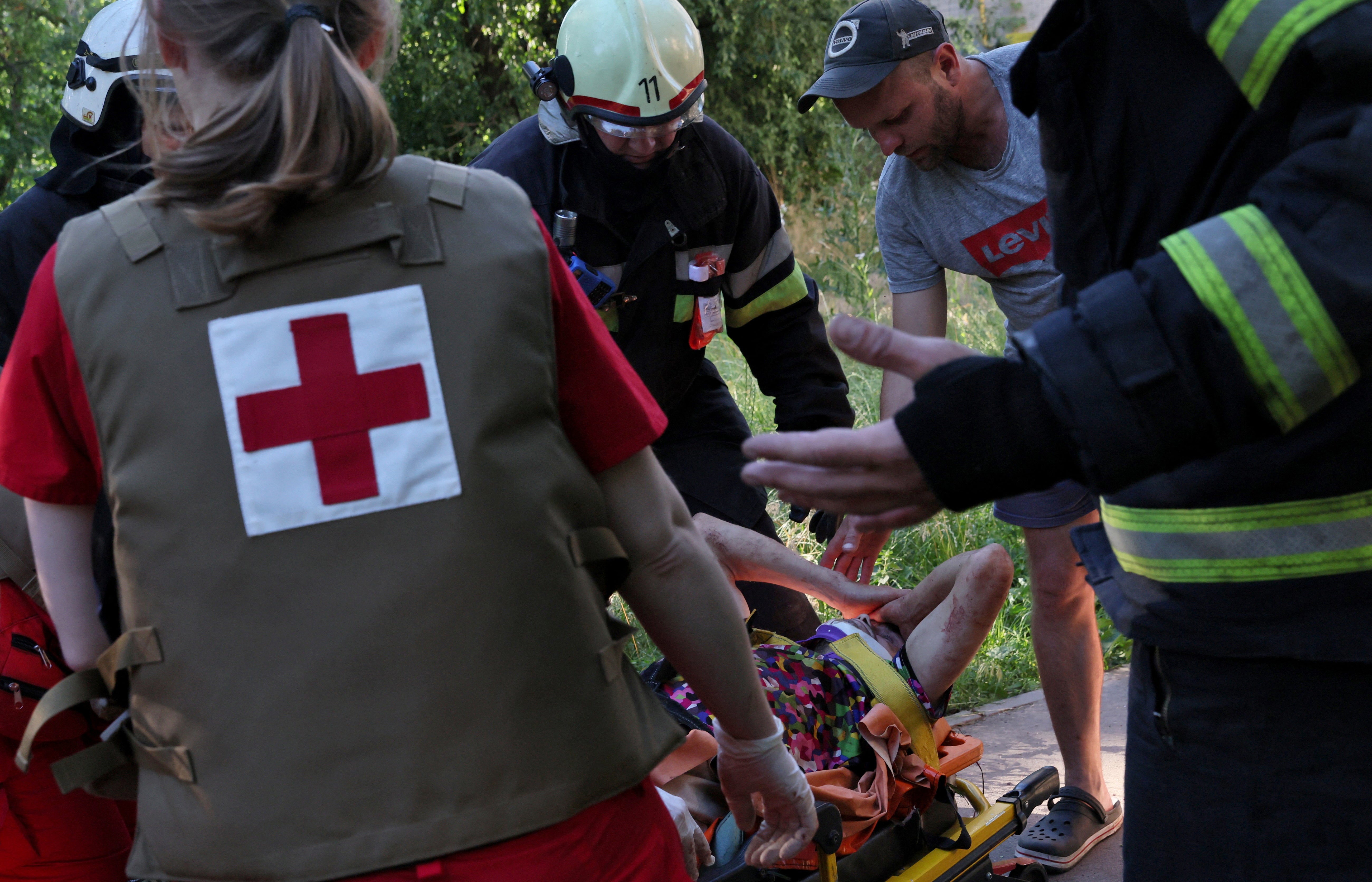
He adds: “It’s like the environment in Iraq or Afghanistan ... you don’t know what happened – they just bombed some place, we don’t know will they bomb again?”
Kharkiv, which lies close to the Russian border in northeast Ukraine, has been battered by rockets and shells almost daily for the last six months, save for a lull in June.
Russia, which invaded Ukraine on 24 February, denies Kyiv’s accusation that it is deliberately targeting civilians in what the Kremlin calls its “special military operation”.
HOPE FOR HUG
Evgeny Vasylenko, press officer of the State Emergency Service of Ukraine in the Kharkiv region, says firefighters are having to extinguish fires during shelling or repeated shelling. They now wear helmets and bulletproof vests, adding about 20 kg to the weight of their usual equipment, he says.
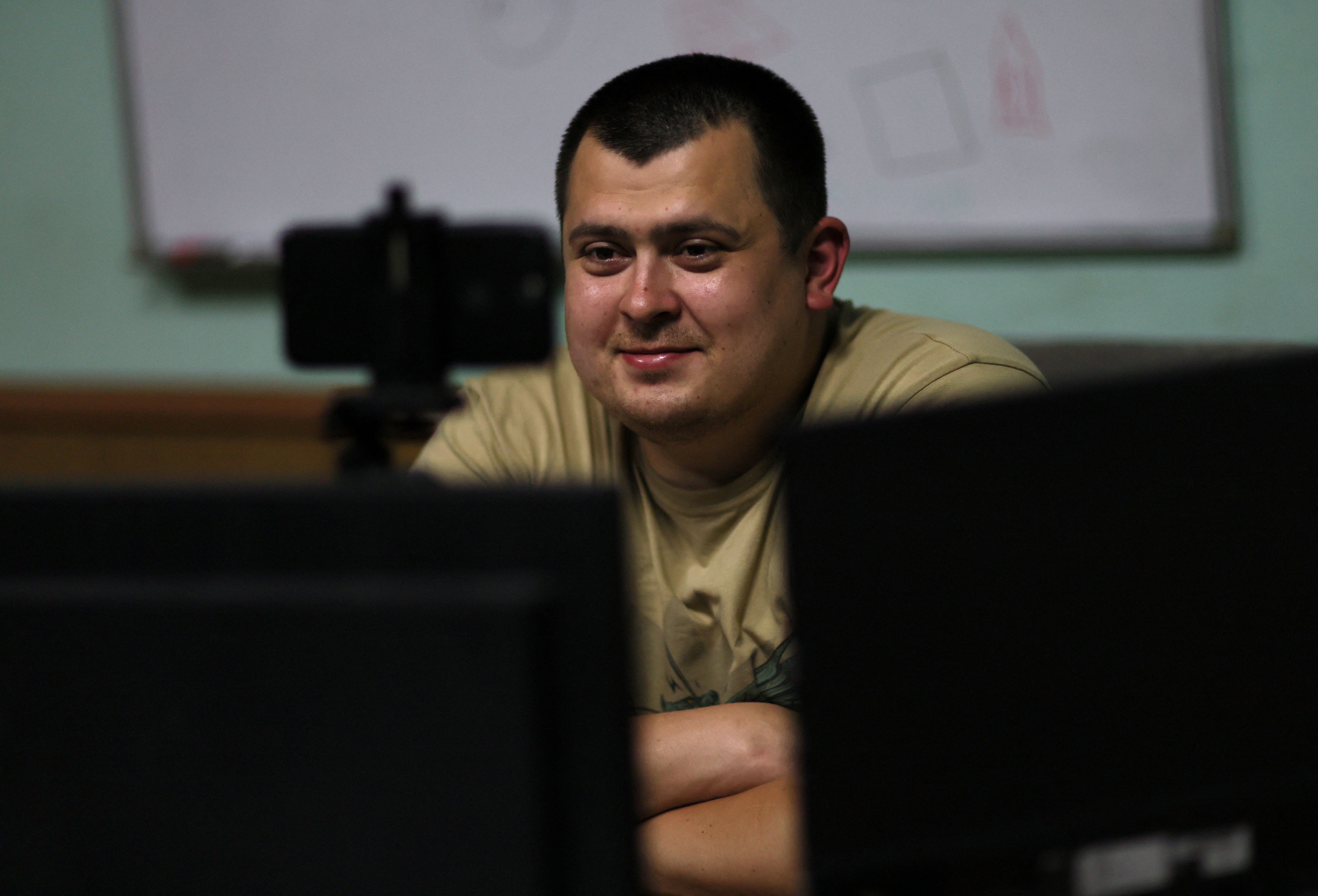
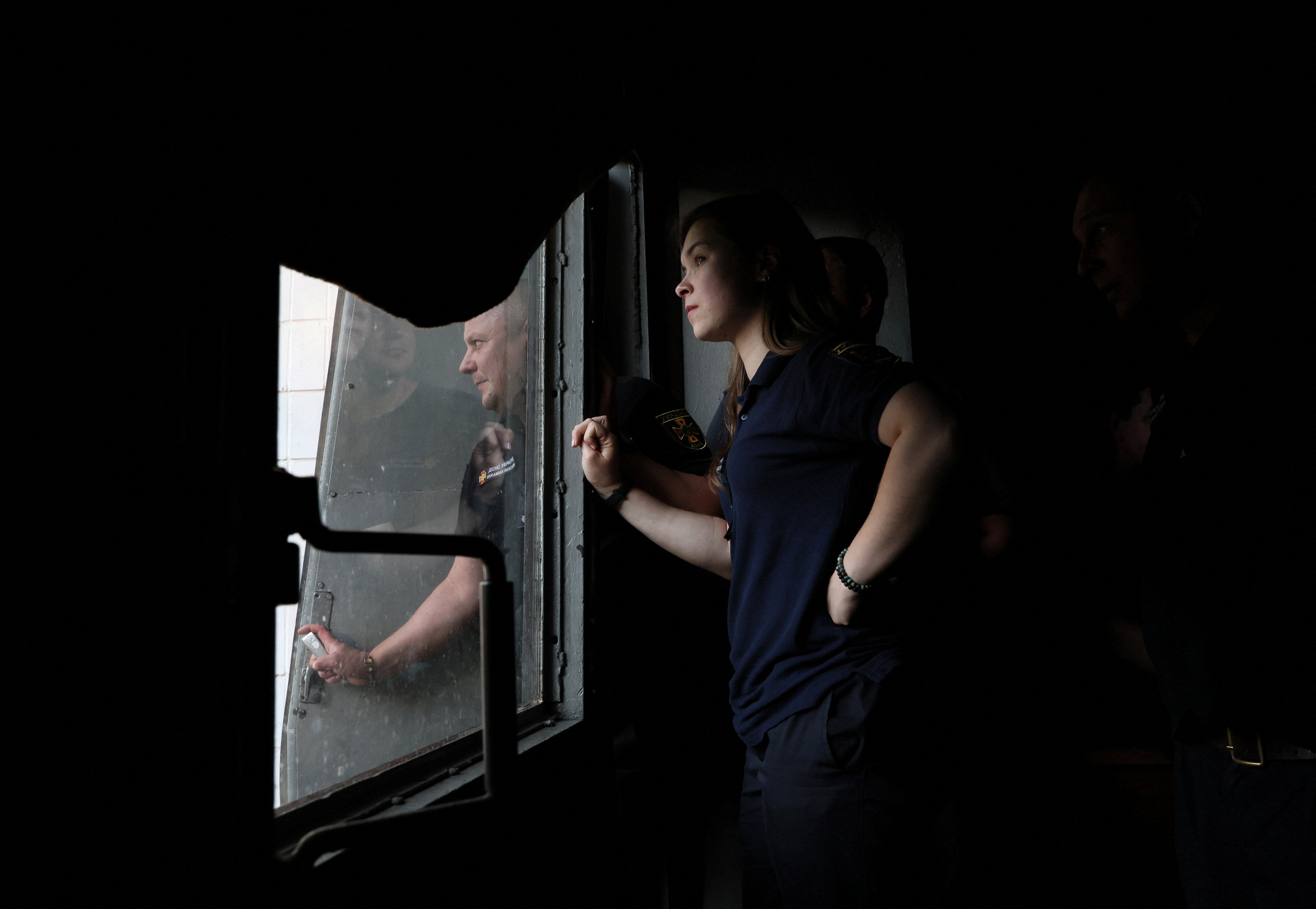
“Before the start of the war and after, extinguishing fires is very different,” he says.
In a statement in early August, he said since the beginning of the war, fire crews in the region had tackled 1,700 fires that were the result of shelling.
He said three firefighters had died in the region and about 30 firefighters had been injured.
The firefighters get paid extra money for the risk and shift patterns have been reorganised to try to make sure crews get some rest. In between calls, just as they would have done before February, the firefighters train, work out, play cards together, phone loved ones or just sleep.
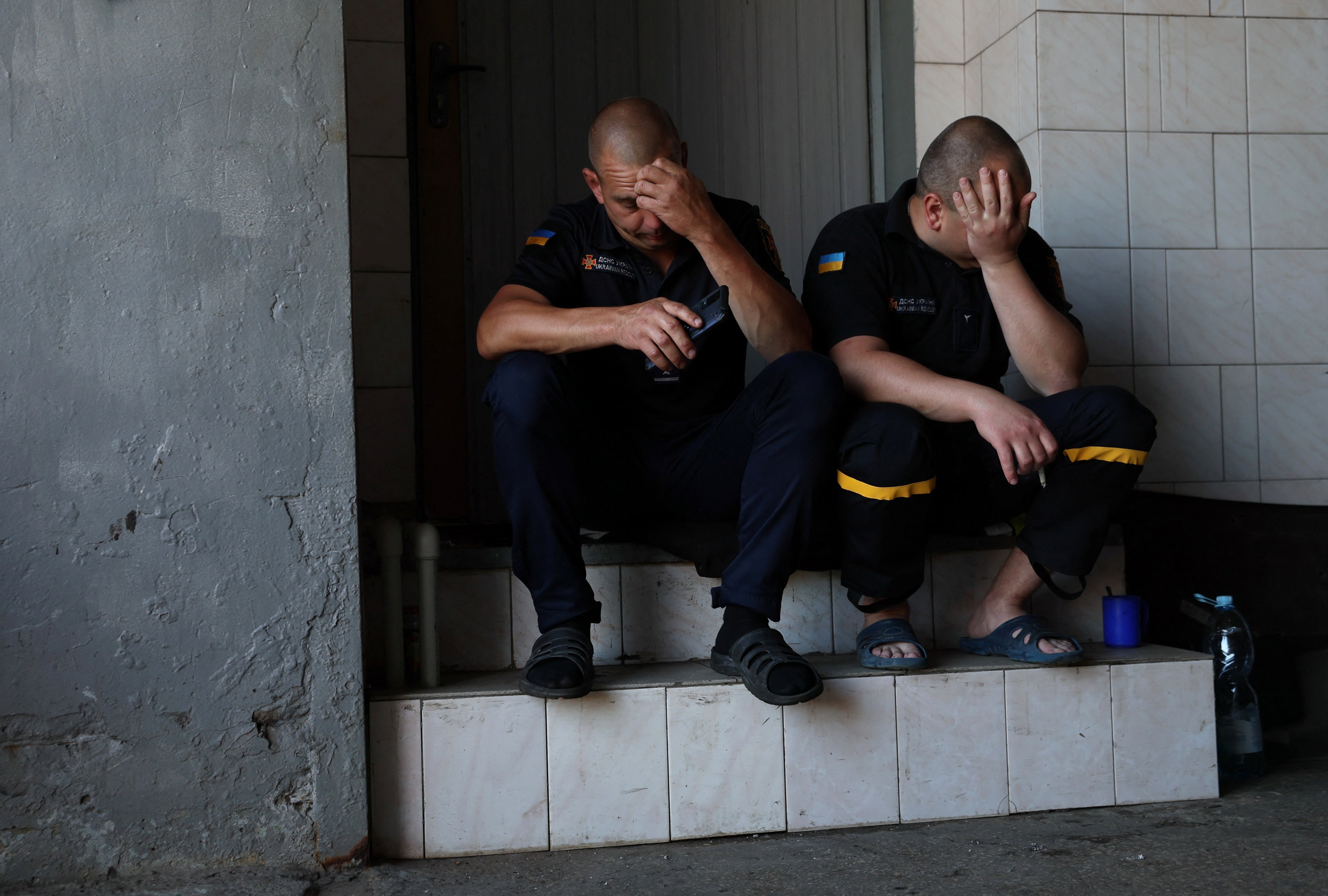
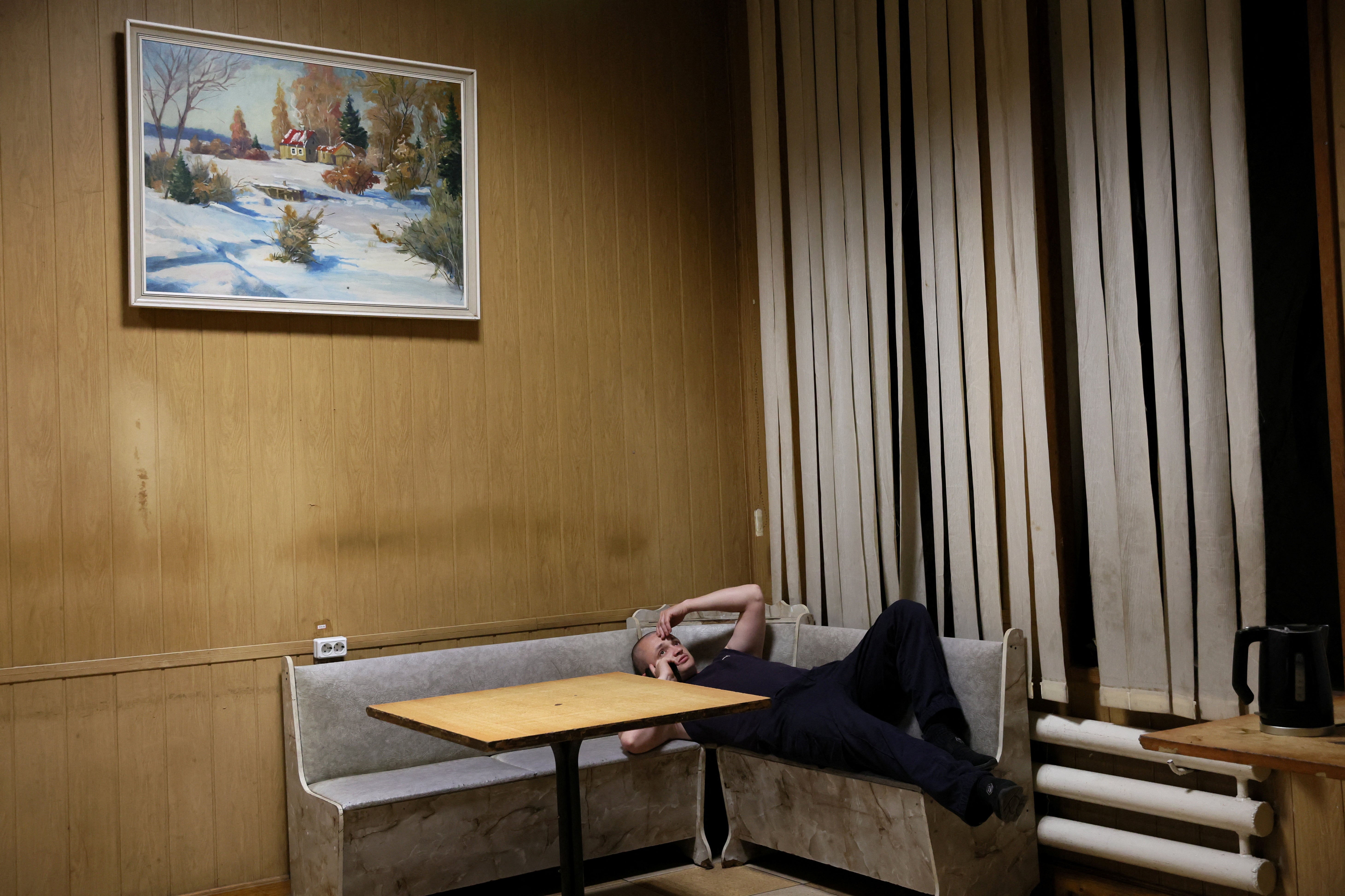
Although after months of war, it is never enough. “I’m exhausted mentally and physically,” Kachanov says.
For the 33-year-old, the worst part of his role has been seeing dead children or children who have lost their parents.
“When you see the dead kids, it is bad. That makes my eyes become teary,” he says.
He recalls things he never thought he would experience. Remembering one such occasion, he says: “I don’t know how old the kid, the boy was, like probably eight or nine years old, was totally okay. He had some kind of shrapnel, some on him, but his mom and dad were dead and he was crying.”
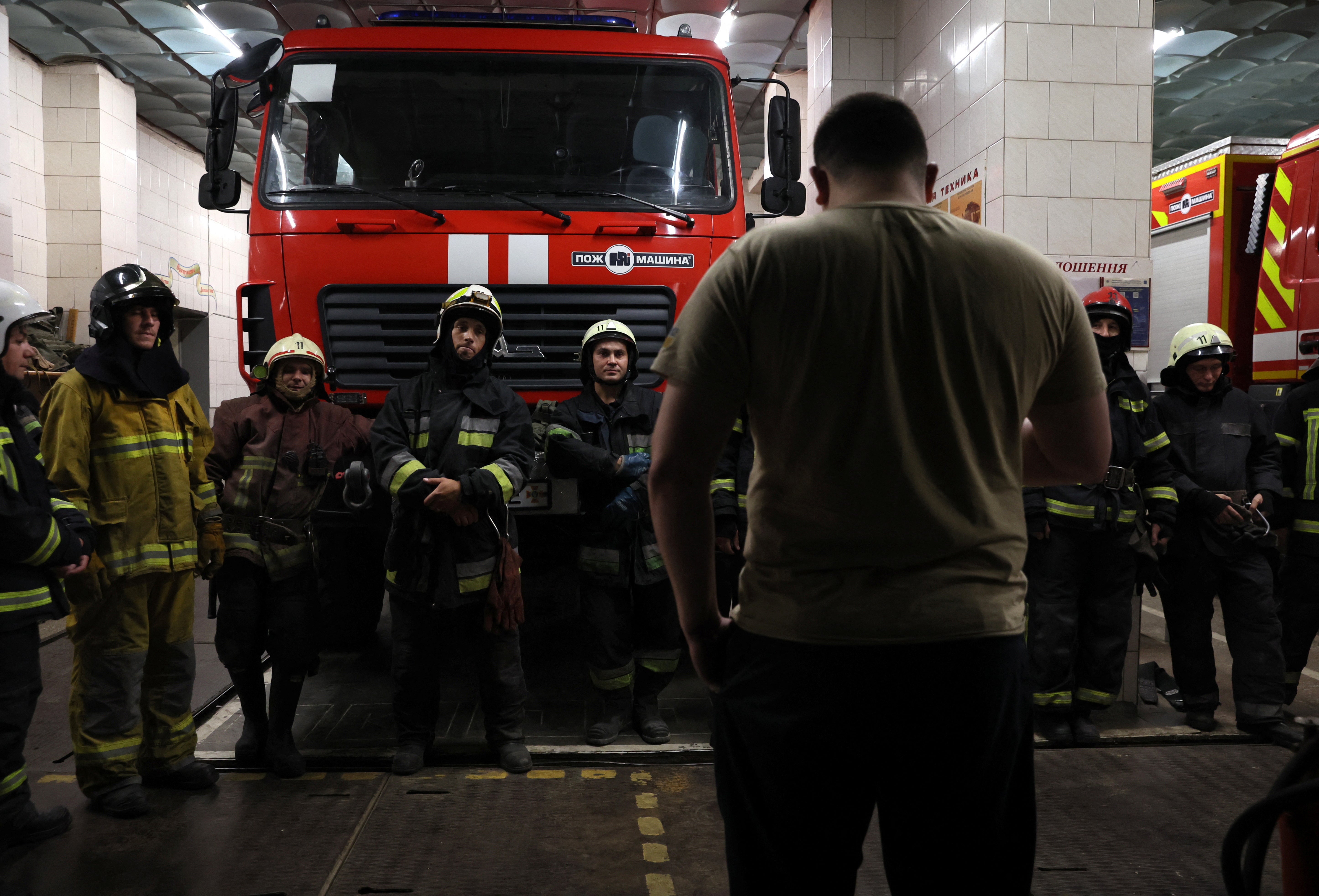
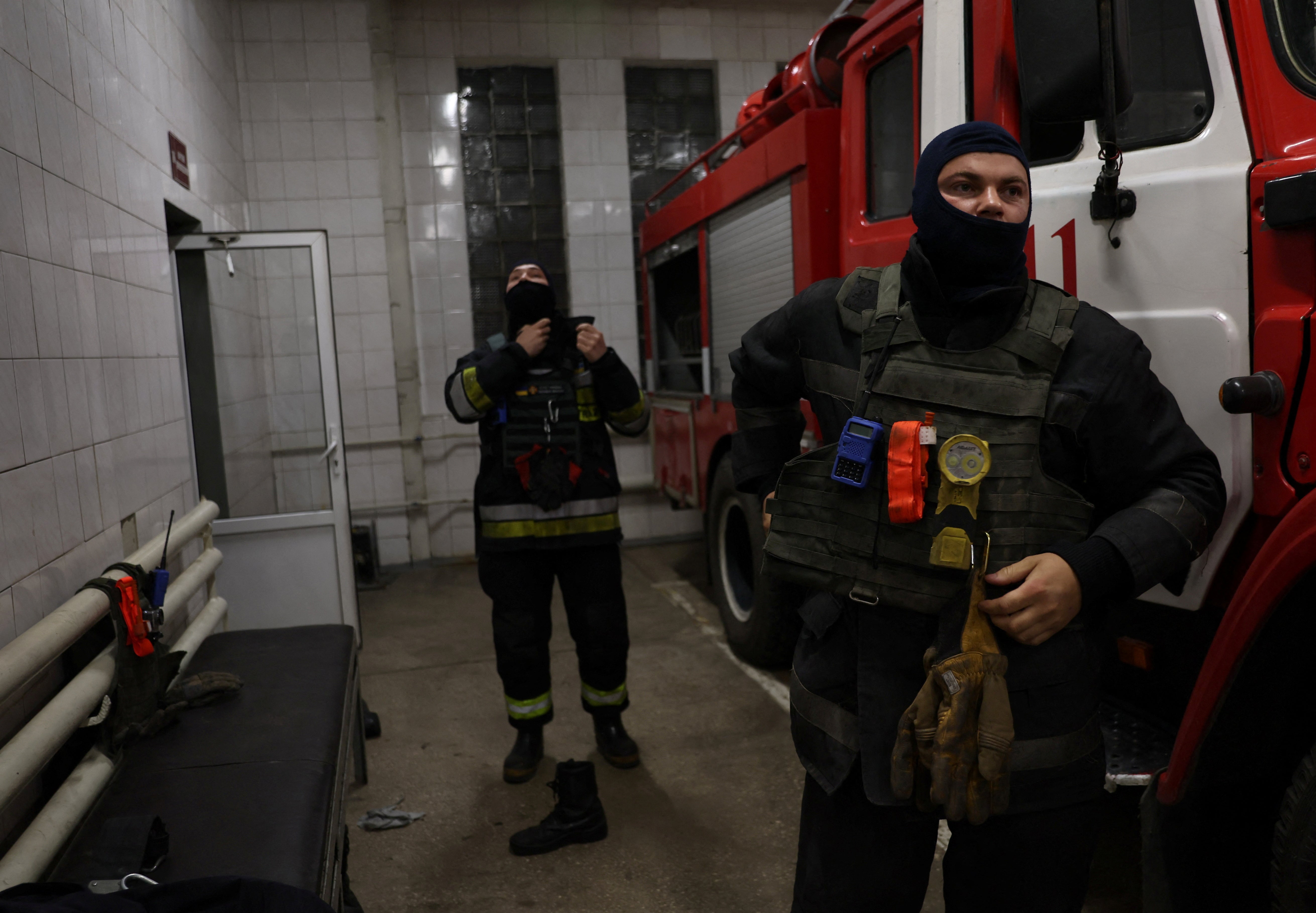
His own daughter, Violetta, seven, is in Germany with his wife Marina. “They have a wonderful family who have taken them and everything is fine for them and I’m glad they’re safe.”
On many days, he is too busy to think or answer calls from his wife. But he misses them.
“It’s all when you go and sleep after work,” he says. “I would like to hug them. I’m used to every night telling a story to my girl.”
Where they are staying in Germany, they have a “wonderful house” and a pool, he says. He recounts telling Violetta when they talk: “Just enjoy it and like forget about papa while enjoying it. Just enjoy it and we will speak, we’re still here, we’re still in touch, so everything is fine.”
Reuters
Join our commenting forum
Join thought-provoking conversations, follow other Independent readers and see their replies
Comments